Opposition leader warns of ‘worrying’ security situation in Israel
Israeli opposition leader Benny Gantz has warned of a “worrying” security situation across the occupied territories amid a months-long wave of anti-regime protests, sparked by prime minister Benjamin Netanyahu’s far-right administration and its contentious policies.
After a Sunday meeting with Israeli military’s Chief of Staff Herzi Halevi, Gantz, former minister of military affairs, urged the need to “avoid unilateral moves.”
“The security situation is very worrying and necessitates attention and strategic decisions on various fronts. The prime minister must convene a security cabinet meeting to understand the meaning of the [overhaul] legislation for the army before the bill passes,” Gantz said.
Gantz added that the same is true regarding the need to convene the foreign affairs and military committee. “Tonight’s meeting underlined even more the need to avoid unilateral moves.”
This comes as some 10,000 reservists have said they’ll halt their volunteer duty if Netanyahu’s extremist administration passes the contentious judicial overhaul bill into law.
“We all share a responsibility to stop the deep division, polarization and rift among the people,” the reservists, including 235 fighter pilots, 173 drone operators, and 85 commando soldiers said in a declaration.
The signatories warned that an “unreasonable manner” would erode their agreement to “risk their lives” and “force” them to suspend their voluntary reserve services.
The so-called judicial overhaul scheme seeks to take away the Israeli Supreme Court’s power to overrule the decisions made by the regime’s politicians. It is also aimed at giving the Israeli cabinet a greater say in the process of selecting judges for the court.
On Sunday, tens of thousands of Israeli settlers marched into al-Quds and more protesters took to the streets in Tel Aviv in a last-ditch show of force aimed at blocking the controversial judicial overhaul plan.
Protests have ramped up in the days leading up to the debate that began Sunday ahead of a parliamentary vote on Monday, which could see a key part of the proposals passed into law.
The overhaul plan’s supporters allege that the plan will end decades of overreach by judges, while opponents argue that it will remove necessary checks on the power that is wielded by the politicians.
Critics have also accused Netanyahu, who is on trial on several counts of corruption charges, of trying to use the scheme to quash possible verdicts against him.
Protesters have vowed to keep holding the monumental rallies until the cabinet decides against pushing through with the overhaul plan.
Faced with raging protests as well as a wave of mass industrial actions in support of those protests, Netanyahu announced a pause in late March in his drive to get the plan approved by the Knesset (parliament).
Pro-Netanyahu lawmakers have indicated that the new bill would be a far softer version of previous proposals that sought to almost totally roll back the Supreme Court’s power to rule against the executive. The opposition, however, says the new bill would still open the door to corruption.
The regime’s attorney general, Gali Baharav-Miara, has accused Netanyahu of acting “illegally” in championing the reforms. She noted that the prime minister is trying to push on with the plan due to his long-running corruption trial in which he is accused of fraud and breach of trust.
D-8’s role in Iran’s economy after Cairo summit
China slams US as ‘war-addicted’ threat to global security
China ‘firmly opposes’ US military aid to Taiwan
VIDEO | Press TV's News Headlines
President Yoon Suk Yeol to be removed from office
At least 19 Gazans killed by Israeli airstrikes since dawn: Medics
Leader: Iran neither has nor needs proxy forces
US fighter aircraft shot down ‘in friendly fire’ amid aggression on Yemen


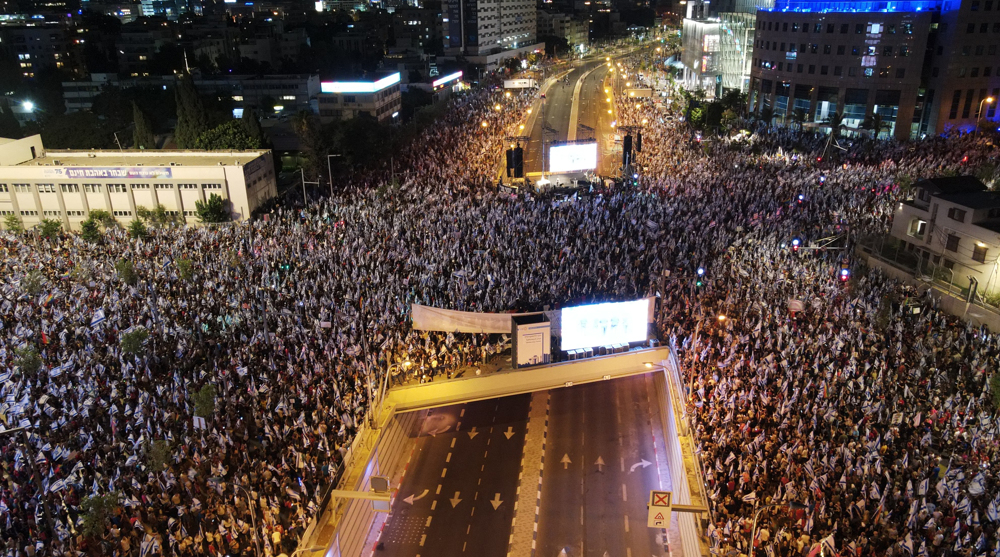


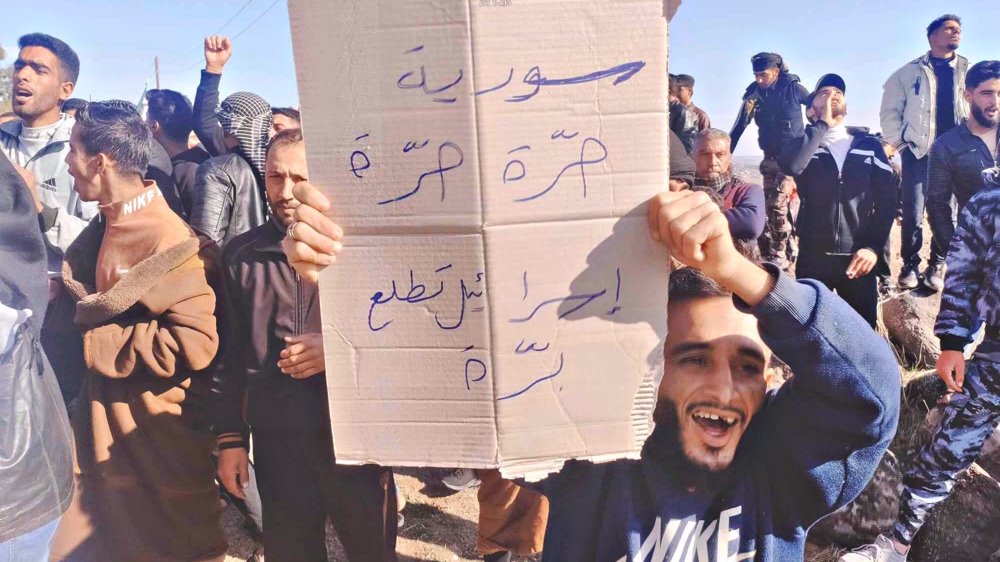

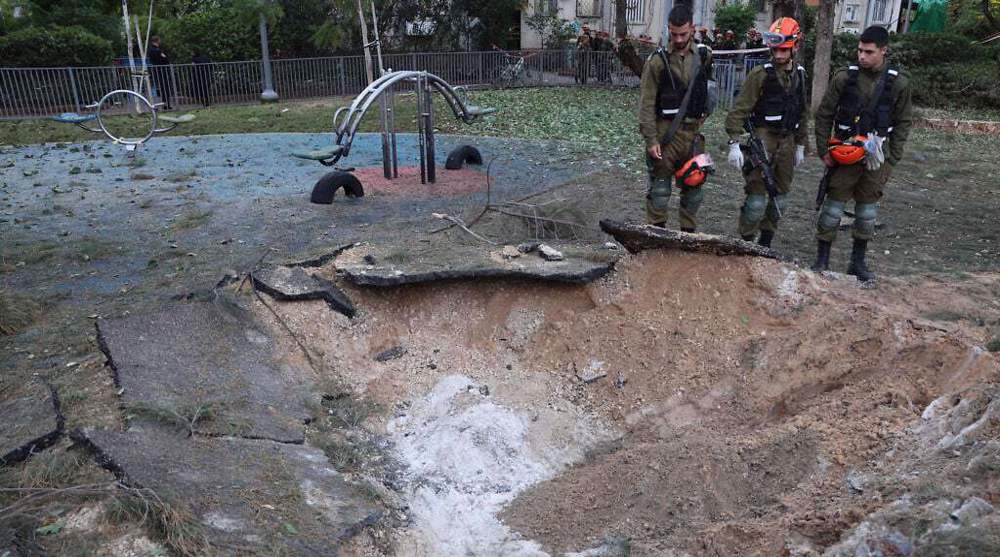




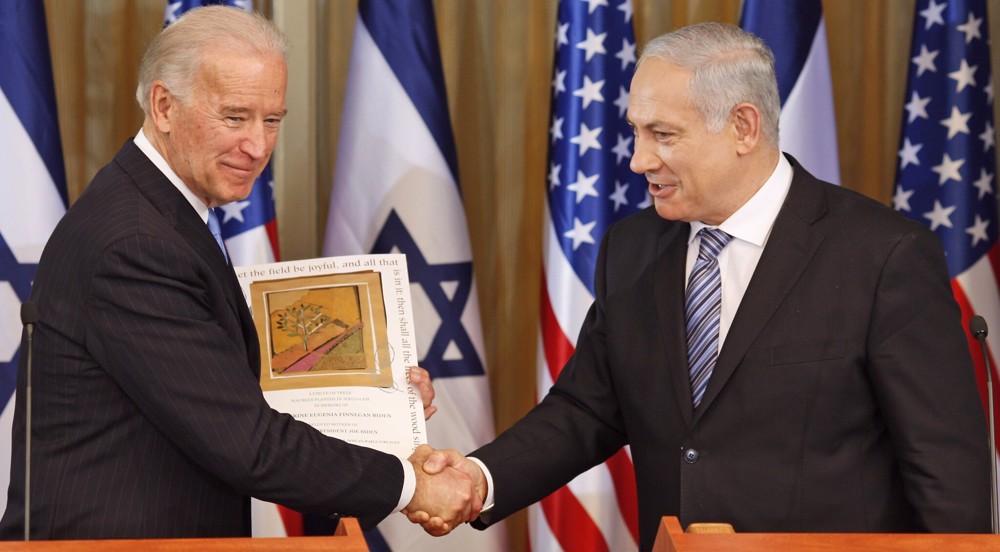
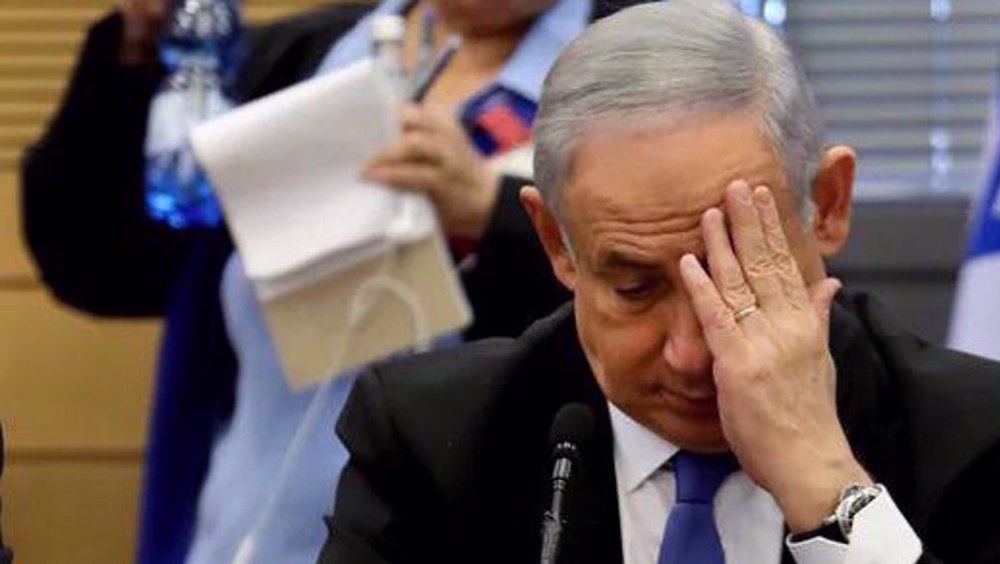
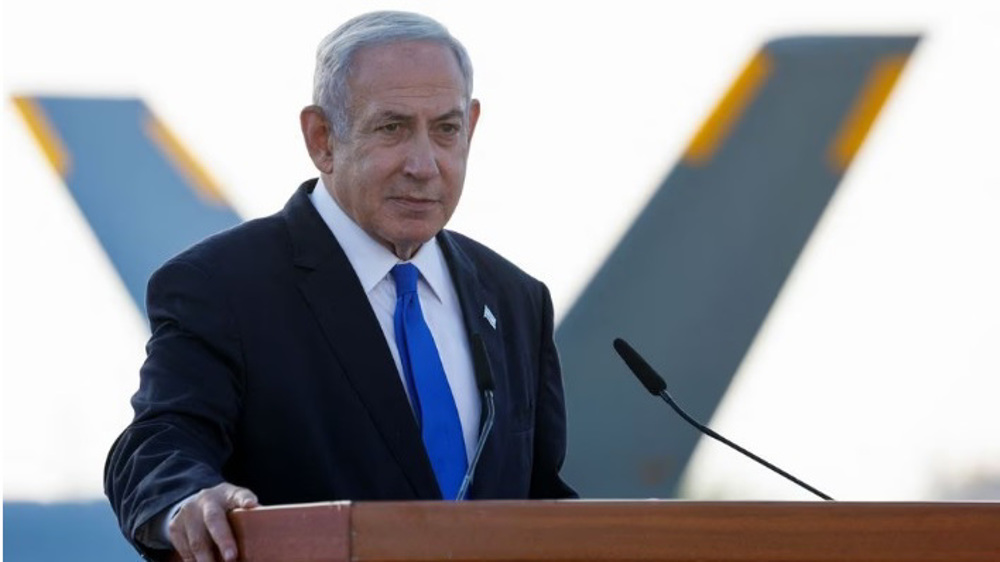
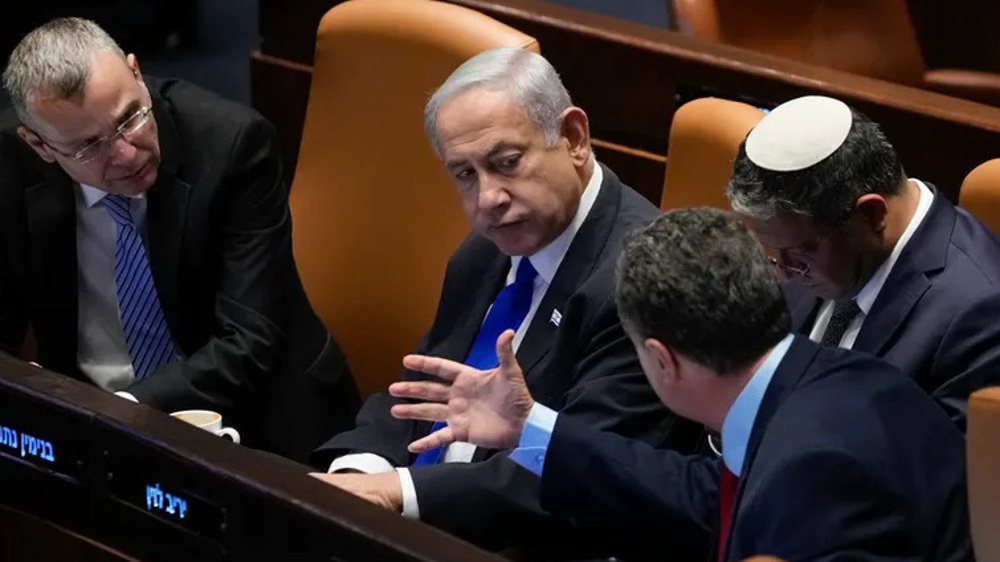
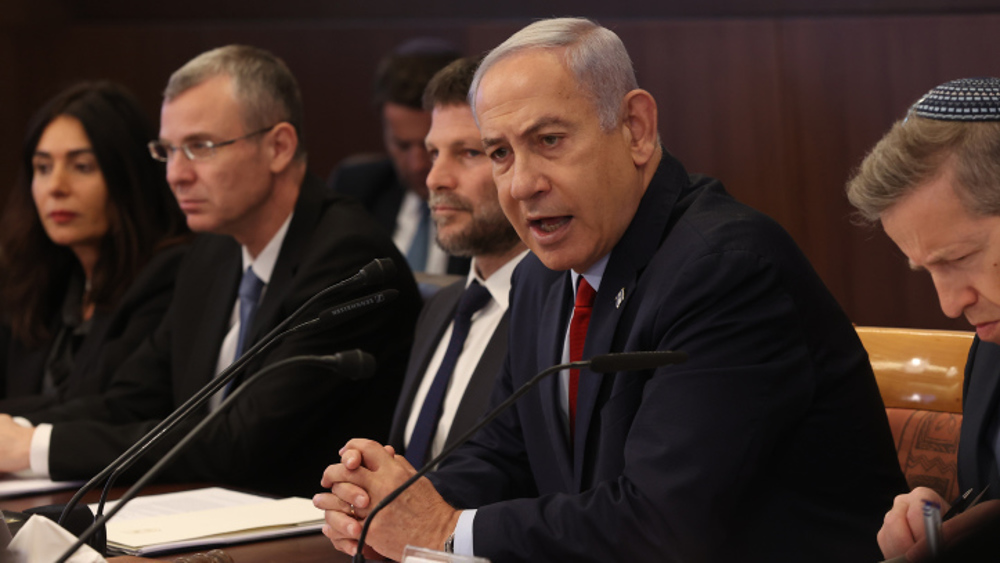
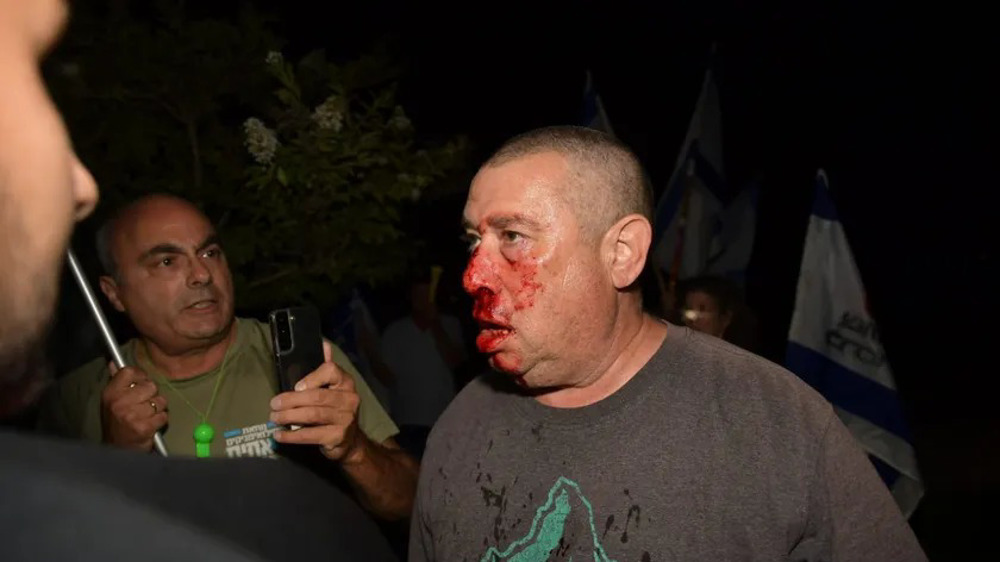
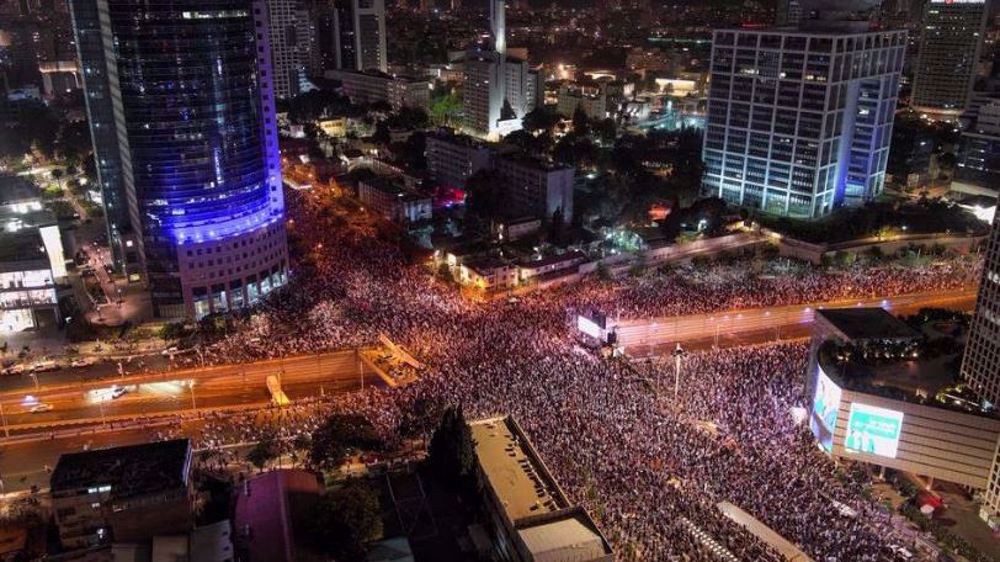

 This makes it easy to access the Press TV website
This makes it easy to access the Press TV website